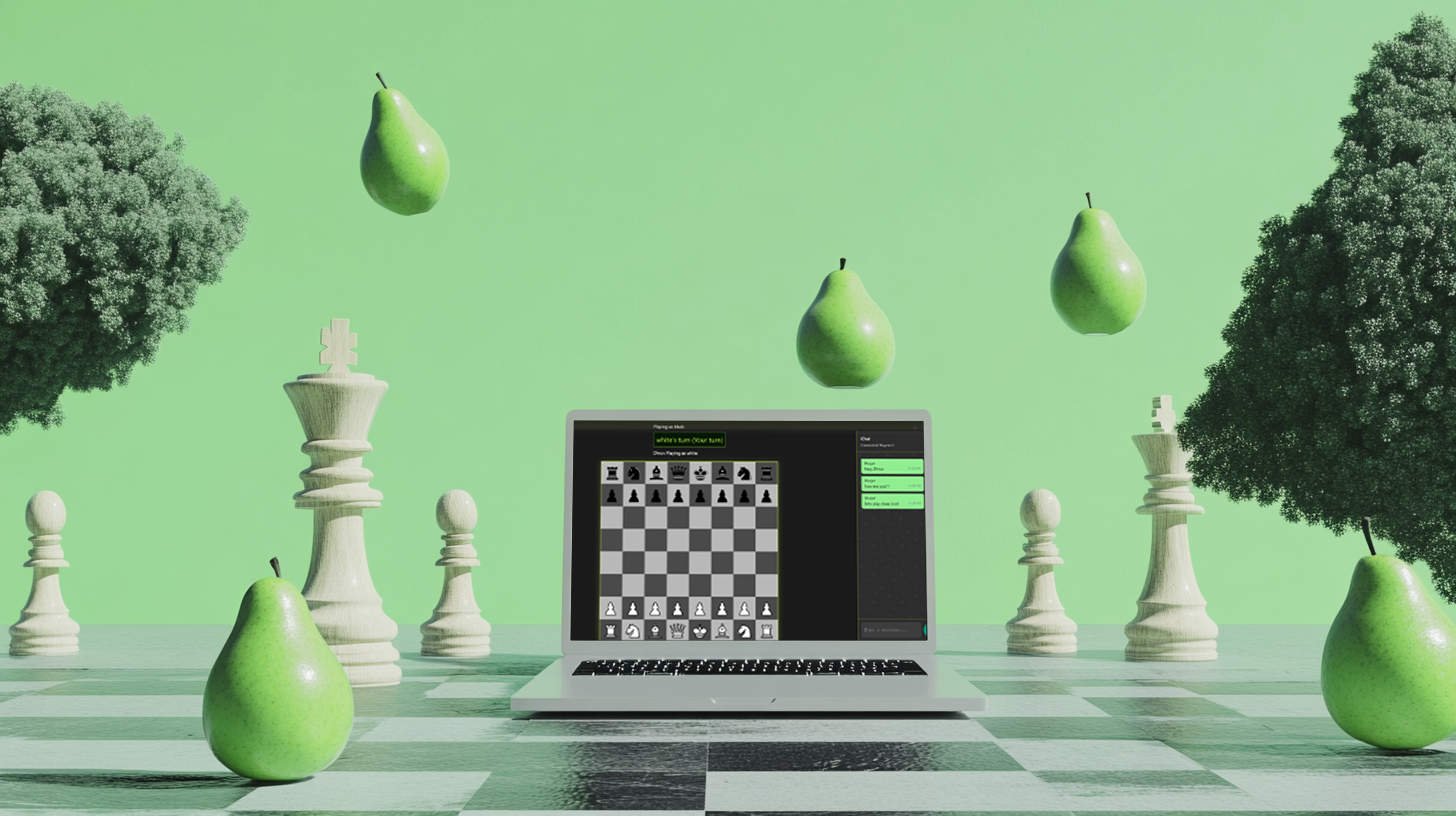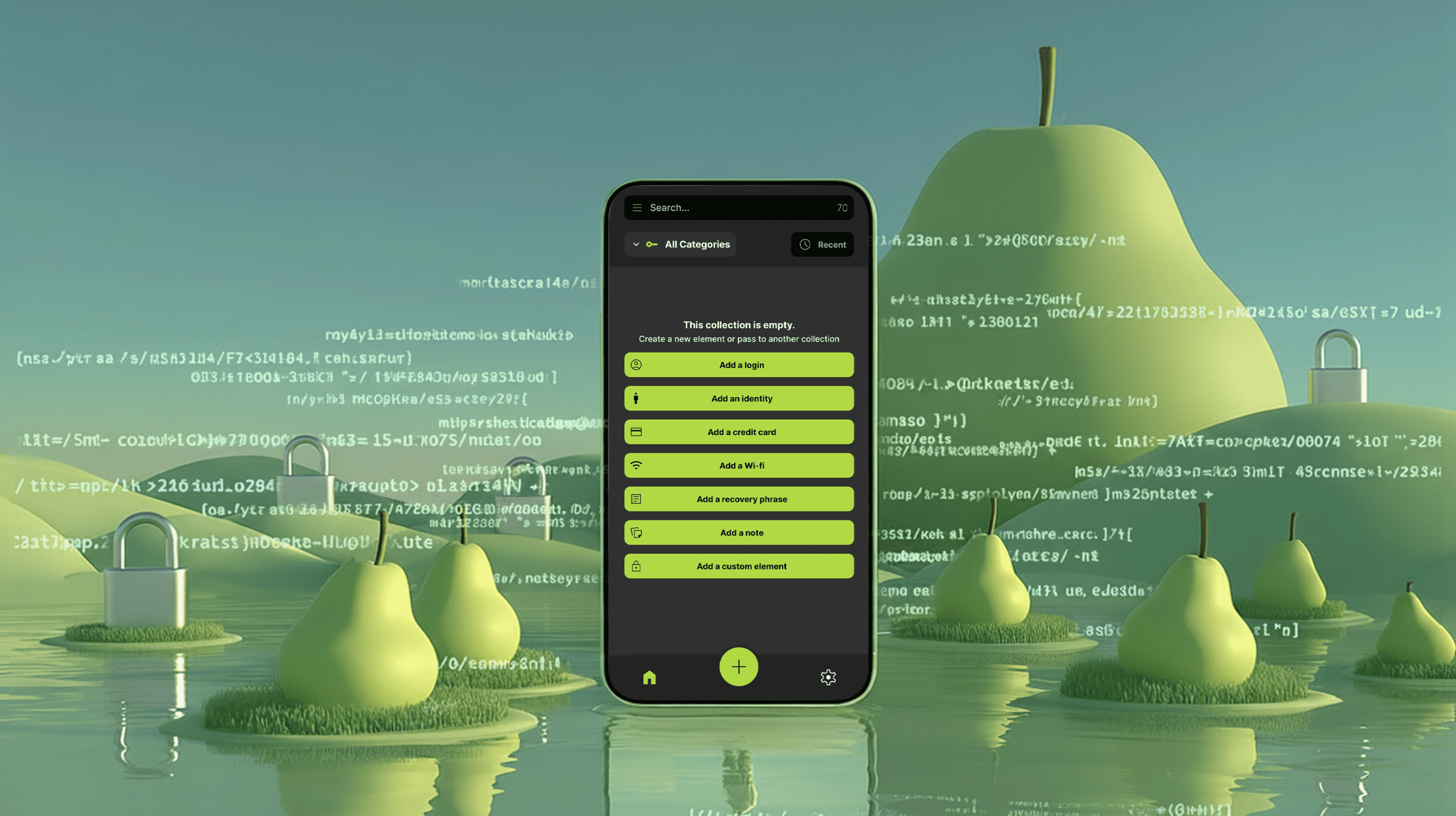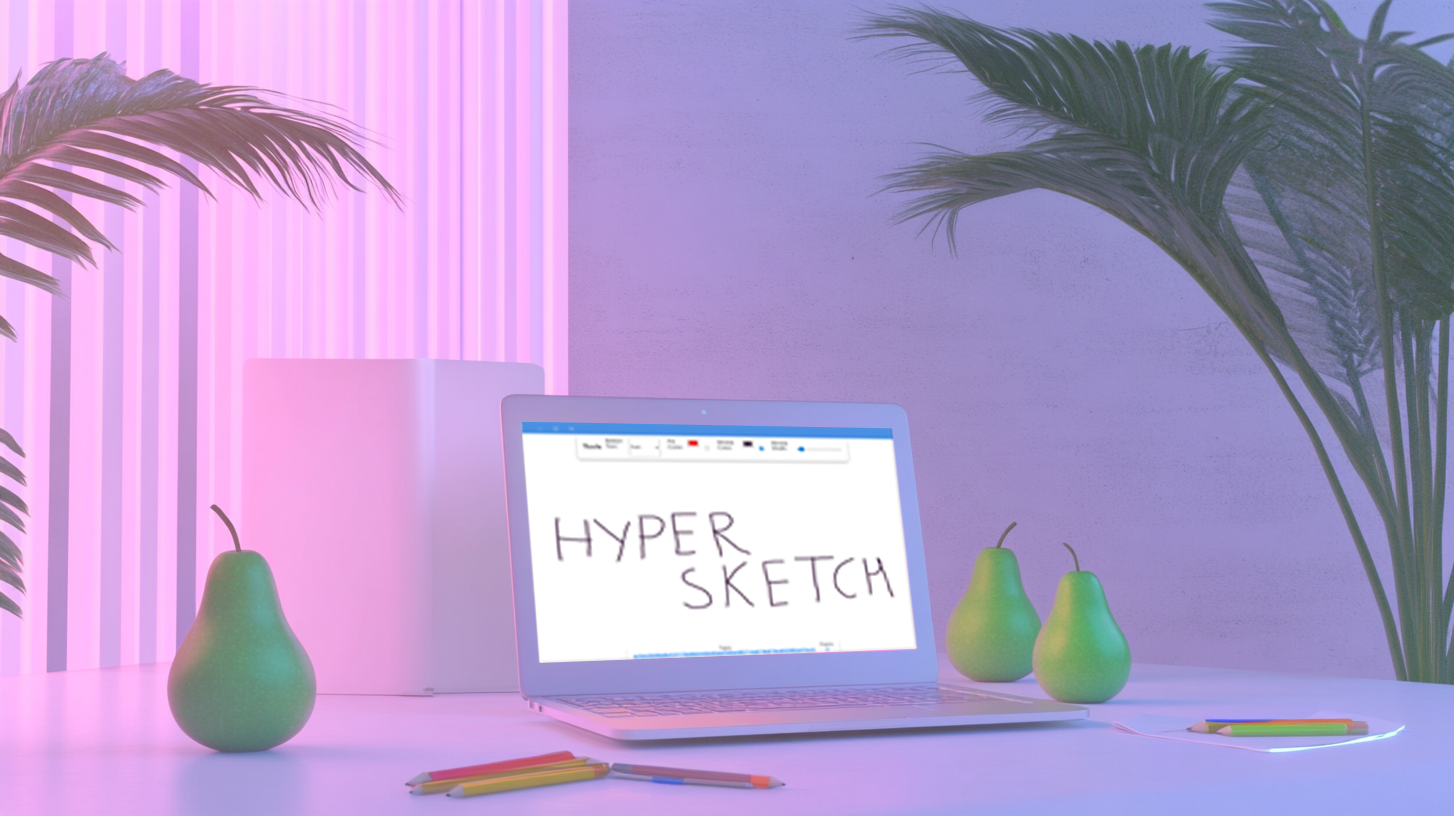By bringing chess into the peer-to-peer realm, you can now play directly with your friends, without involving a third-party server, providing your data to another party and no longer need to have any latency while your data travels to a far away server. You can play games online just like you would in-person – with a direct connection.
In this interview we talk with the P2P Chess team to discuss their inspiration for their app, how it is different from other chess games on the market and their experience developing with Pear Runtime.
Introduce yourself and tell us about your app
We built a P2P chess application. To do this we basically tried to mimic the functionalities of popular chess games like chess.com. But by taking advantage of Pear Runtime, we made it completely decentralized. By building it this way, it won’t ever require a central server and there will be no central authority.
So people can play it as they wish.
What problem does the app solve?
So the thing is, right now, there are mostly two kinds of chess applications in the market. One is completely centralized (such as chess.com) where you can connect online and play with friends. The other one is that you can play offline – so you don’t need to connect to anything, you just can play with a friend.
We are envisioning a third alternative—a totally decentralized application. Technically a chess game played in real life face to face, is decentralized. And you can take this same principle to play chess online – with anyone, anywhere in the world. We envisioned it to be a kind of a successor or maybe even a better version of applications like chess.com, where professional games are held.
How was your experience with Pear Runtime?
Because Pear Runtime is based on Node.js, the experience was quite seamless. We were able to integrate it with html and React and it worked quite well.
How do you see the future of Decentralization
The whole model behind Pear Runtime and decentralized applications is that it doesn’t require a central server. So, wherever there is a possibility of a central authority abusing its power, such as restricting the flow of information or some kind of censorship, this can be avoided if we use Pear Runtime.
Our vision for P2P chess is that all players from all countries – even those with communications restrictions – can join together and play chess, and having a decentralized app makes this possible.









